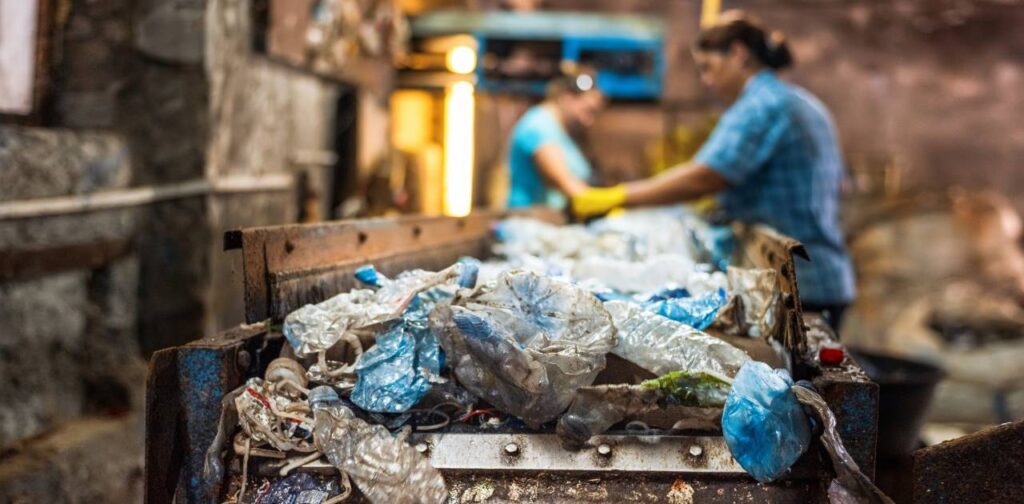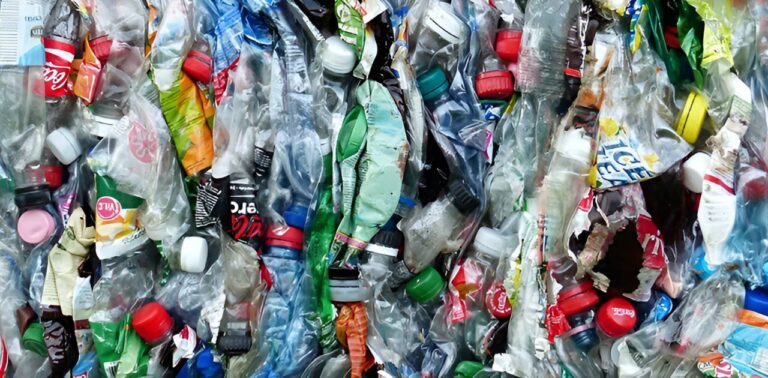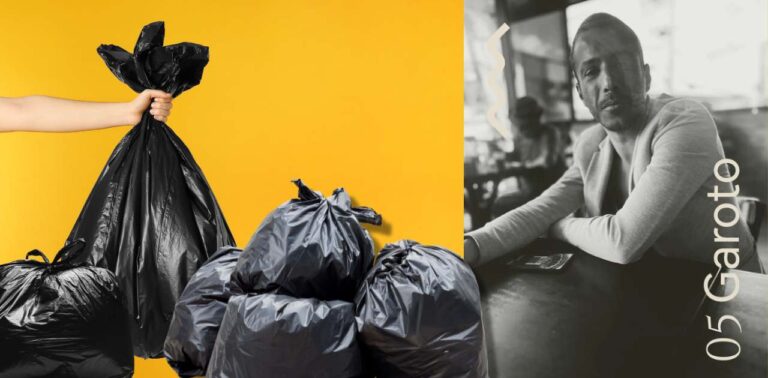Plastic recycling in Brazil is a complex issue involving an intersection of economic, social and environmental factors. Despite growing recognition of the importance of sustainability, the country faces significant challenges that are affecting progress in plastic recycling. We will explore the key aspects of plastic recycling in Brazil, highlighting the obstacles and opportunities to improve the situation.

The Current Landscape of Plastic Recycling
The post-consumer plastic recycling rate in Brazil is 25.6%. Although this number is relevant, it is well below the 40% recorded by the European Union. This difference is not just a numerical figure, but a reflection of systemic failures and the lack of political will to promote significant changes in plastic recycling. In 2021, 23.4% of post-consumer plastic waste was recycled, according to a survey commissioned by ABIPLAST and the petrochemical company Braskem. Although there is apparent growth, the reality reveals a worrying slowness, signaling the inertia of public policies and the resistance of economic sectors that see recycling more as a burden than an opportunity.
Brazil produces 3.44 million tons of plastic waste annually. Turning this environmental liability into an economic and social asset represents a colossal challenge. Recycling plastic in the country uses only about 10% of the energy required for the primary production of this material. This highlights the efficiency and viability of recycling, which could be an energy and environmental solution for Brazil. However, the wide variety of types of plastics represents a considerable technical obstacle to the advancement of this practice.
Challenges in Plastic Recycling
The challenges involved in plastic recycling in Brazil are profound and complex. The lack of standardization and the complexity of separating materials contribute to passivity and a lack of investment in recycling technologies. The diversity of types of plastics requires specific treatments, and the absence of an integrated and efficient national collection and sorting system makes the process more expensive and less efficient. This complexity makes the recycling process less attractive to investors, perpetuating a cycle of low efficiency.
Furthermore, the lack of adequate infrastructure and the resistance of sectors that benefit from the current consumption model also play a significant role in the stagnation of recycling. The difficulty in implementing a unified recycling system results in low efficiency and reduced attractiveness for investors, perpetuating a cycle of inefficiency.
The Importance of Environmental Awareness and Education
Lack of awareness and limited environmental education among the population are crucial factors for plastic recycling in Brazil. Many people still do not understand the importance of separating waste correctly, which reduces the quality and quantity of recyclable material available. Promoting environmental education from the earliest stages is essential to ensure that everyone understands and practices the correct separation of waste.
Community Initiatives and Civil Society Pressure
Despite the challenges, there is growing pressure from civil society and non-governmental organizations to drive meaningful change in plastic recycling. Innovative projects and community initiatives are emerging, demonstrating that these challenges can be addressed with creativity and collaboration. For these individual efforts to translate into scale-up change, a stronger commitment from governments and businesses is needed.
The Need for Robust Public Policies
It is essential to create robust public policies for plastic recycling. Investing in recycling technologies and promoting environmental education are crucial steps. Plastic recycling in Brazil has the potential to significantly reduce environmental impacts, as well as create new economic and social opportunities. Real progress will be made when recycling is seen as an opportunity rather than an obstacle.
The Future of Plastic Recycling in Brazil
The future of plastic recycling in Brazil depends on the ability to act collectively and make recycling a priority. This includes implementing effective public policies, investing in technology, and a continued commitment to education and awareness. Change is possible and necessary, but it depends on collective action and engagement from all sectors of society.
Brazil must ask itself how long selfish interests and lack of vision will continue to dominate, preventing the country from fully taking advantage of the opportunities that recycling offers. It is time to turn frustration into action and build a sustainable and prosperous future for all. With determination and coordinated action, it is possible to transform plastic recycling in Brazil and achieve a greener and more prosperous future.
Summary
Check out other interesting facts about recycling clicking here.
Learn how to make art by recycling, Click here.



